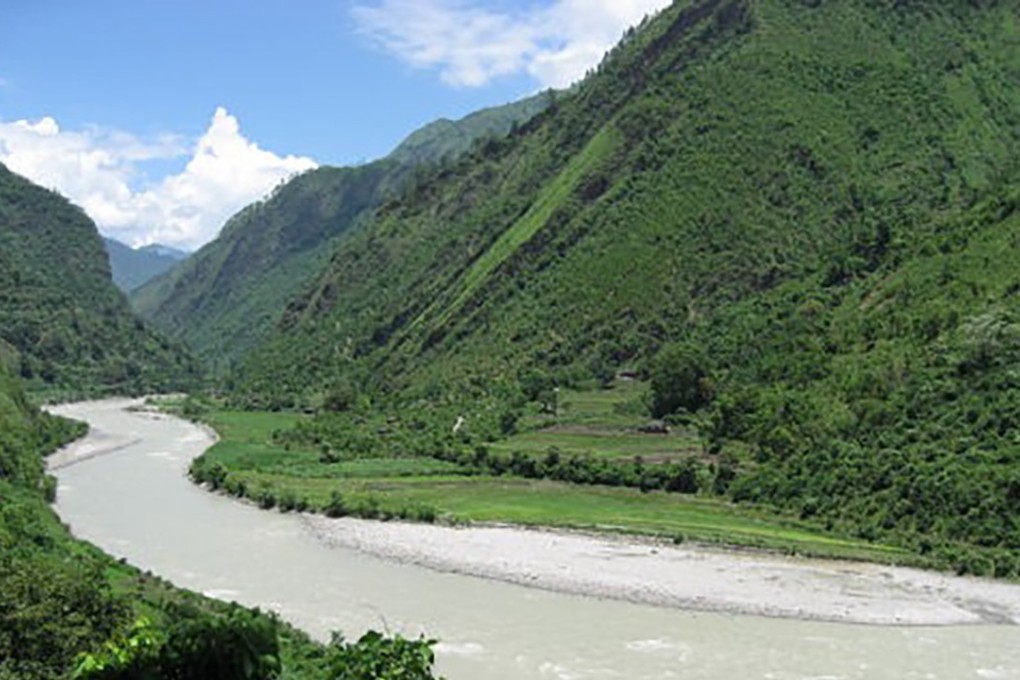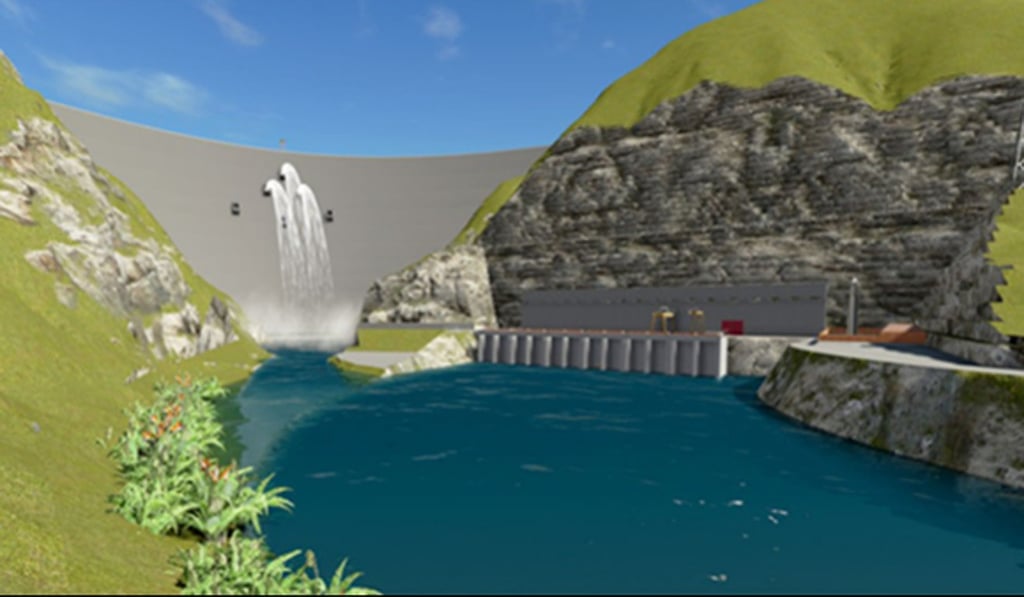China eyes exit, Nepal’s West Seti hydropower project in jeopardy
Chinese company finds the 750-megawatt West Seti hydropower project financially unfeasible due to high resettlement and rehabilitation costs

A high-level delegation from CWE Investment Corporation, a subsidiary of China Three Gorges Corporation that in 2012 had undertaken to execute the project in a memorandum of understanding (MOU), told the Nepalese authorities this week it now found the 750-megawatt West Seti hydropower project financially unfeasible because of the steep resettlement and rehabilitation costs.
A Nepal Investment Board official, who declined to be identified, said the MOU and a subsequent agreement with the Nepal Electricity Authority would now have to be cancelled. In a last-ditch bid to save the contract, senior Nepali officials including Finance Minister Yubaraj Khatiwada and Energy Minister Barshaman Pun offered to reduce the generation capacity to 600MW from the proposed 750MW for the same contract award of US$1.2 billion, and extend the power purchase agreement to 12 years from the 10 years earlier agreed upon.
Driven by India into China’s arms, is Nepal the new Sri Lanka?
“However, the Three Gorges team said that while Nepal’s new offer would address some of their concerns, the resettlement and rehabilitation of the displaced, and arranging power transmission to Kathmandu from the remotely located project would be technically difficult and financially expensive,” said the investment board official. “The Chinese were reluctant to review their stance.”

The signing of the MOU in 2012 was then seen as the beginning of a partnership between Nepal and China in harnessing Nepal’s rich hydro sources, a sector that was once monopolised by India. China had entered Nepal’s hydropower market a year after Australia’s Snowy Mountain company failed to raise enough funds for it, raising hopes in Nepal of bringing in players other than India, which has a dismal project record. Himalayan Nepal’s hydropower potential is estimated at around 42,000MW and is seen as key to propelling Nepal out of poverty.
The Chinese and Nepali sides have been sparring over West Seti for some time, with China having had to deny reports that Nepal was about to cancel the agreement. In its annual budget for the next financial year 2018-19, Kathmandu on May 29 laid down that the West Seti project would be developed with “domestic resources”. China’s state-run Xinhua news agency had said that would lead to “widespread concerns about possible negative impact on Chinese investment”.